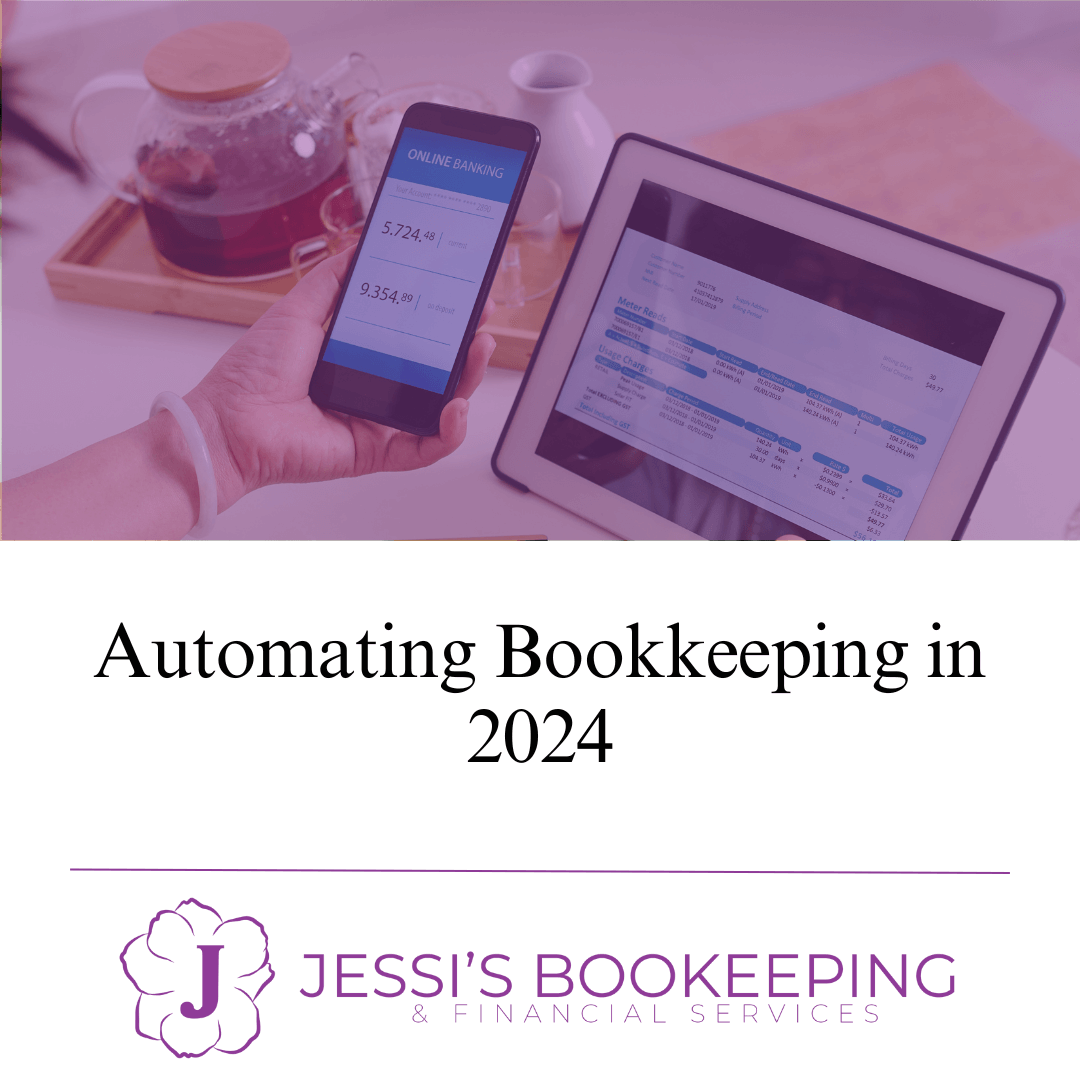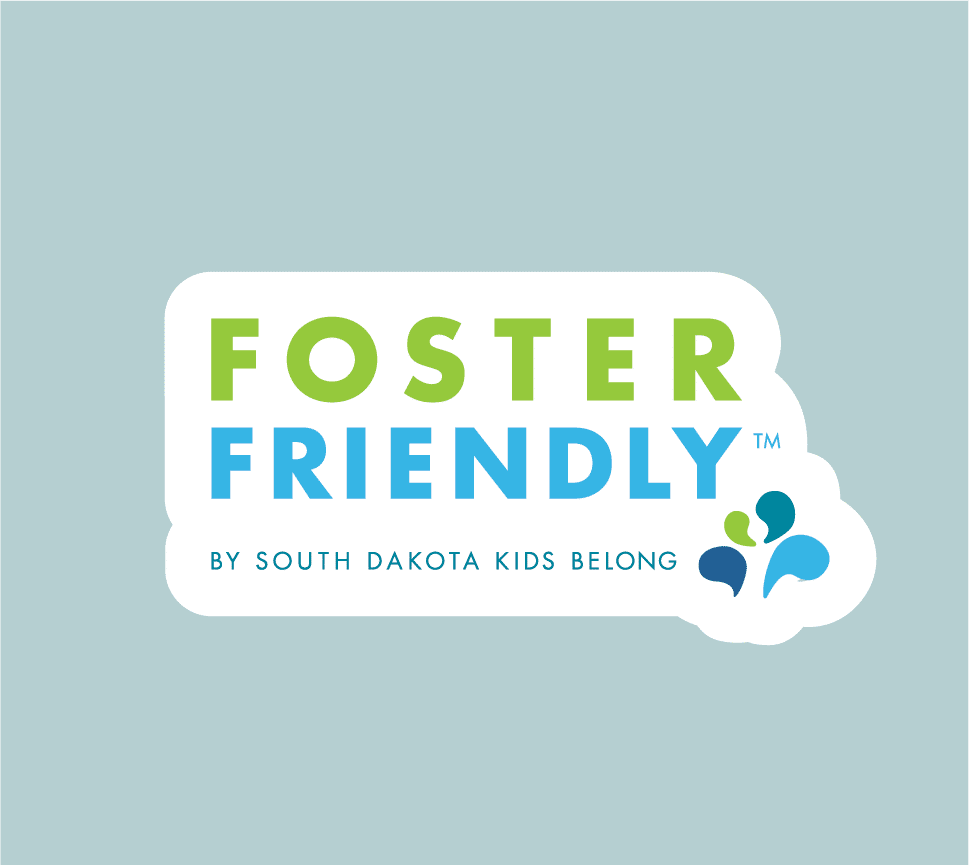Running a business involves more work than most people realize. Customers see you greet them and manage your employees, but the behind-the-scenes work often has the most significant impact on operations.
If you manage your company’s payroll, you know how challenging it can be to keep track of. The codes on a pay stub are called payroll codes. Your business can create unique payroll codes for internal processing, but some codes appear the same across the board.
At Jessi’s Bookkeeping and Financial Services, I know how vital payroll management is to running a successful business. Let’s break down payroll codes and how I can help you with top-tier payroll management services.

Earnings Codes
All earnings have a code to show the type of work or the work period. They cover it all — from standard working pay to holiday pay, overtime, and more. Some commonly used codes include:
- CNT: Contract pay or salary
- Hol: Holiday pay
- BRVMT: Bereavement pay
- Jury: Jury duty pay
- FMLA: Pay covered under the Family and Medical Leave Act
- OT: Overtime pay
- Reg pay: Hourly pay
- Vac: Vacation pay
- TuiReimb: Tuition reimbursement
These codes may vary, but for the most part, you can expect to use these codes in your payroll management.

Deduction Codes
Payroll codes can also let your employees know what money is being deducted from their paychecks. These codes include:
Tax Deduction Codes
These payroll codes show what’s being deducted for taxes. Some examples include:
- Fed: Federal tax withholdings
- FICA: Medicare and Social Security
- St Tax: State tax withholdings
- Local tax: Local taxes
There are also pre-tax deduction codes to be aware of.
Pre-Tax Deduction Codes
These payroll codes include deductions for investments and benefits, some of which are:
- MED/INS: Medical or insurance premiums
- DCR/Den: Dental plans
- FSA/HSA: Flexible spending accounts and healthcare spending accounts
- LTD/STD: Long and short-term disability
- Vis: Vision premiums
You may also see a 401 K code representing the 401 K payments on a pay stub.
Post-Tax Deduction Codes
These deductions occur at the post-tax stage, including:
- CHD SU: Child support
- StdnLoan: Student loan deductions
- Bankrpty: Bankruptcy deductions
- Garn/Gard%: Payroll garnishing
- TX Levy/IRS Levy: Levies imposed by the IRS
These common payroll codes help employers and employees alike keep track of their finances.

How Payroll Management Services Can Help Business Owners
Payroll codes are just part of what goes into the overall payment process. A lot of work goes into managing payroll, and if you’re a busy business owner, you don’t also need to be the payroll expert. That’s where payroll management services come in.
Jessi’s Bookkeeping & Financial Services offers payroll management services that can help your business stay compliant with tax laws. As a South Dakota accountant, I can help you choose the right payroll software for your specific needs, streamline the onboarding process for new employees, and provide ongoing guidance and management, allowing you to focus on other aspects of your business.
Ready to get started? For more information about payroll management services from Jessi’s Bookkeeping & Financial Services, contact me today.







